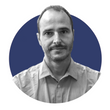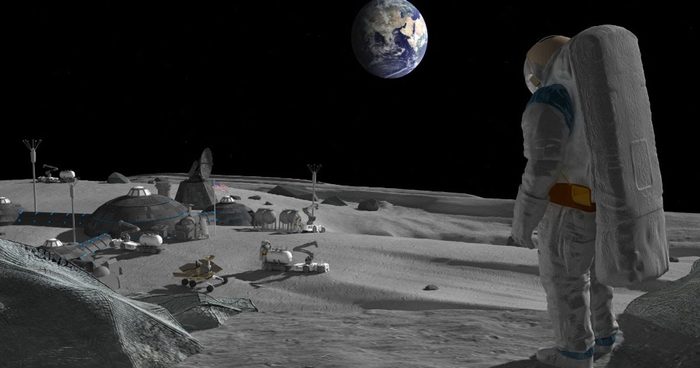|
Humanity
is facing more than ever global challenges (with regards, e.g., to the COVID-19 crisis), putting people and the planet under stress and in great uncertainty. Simultaneously, the world is experiencing breakthroughs in science and technology at an unprecedented pace, sometimes hard to grasp. Anticipation is therefore key to build the future with the aim to early and fully exploit this scientific potential for the well-being and inclusive development of all. The Geneva Science and Diplomacy Anticipator has been founded in Geneva in 2019 to tackle this issue.
GESDA's ambition is first to anticipate and identify these cutting-edge science and technology advances in various domains (Quantum revolution & advanced AI, Human augmentation, Ecoregeneration and Geoengineering, Science and Diplomacy). Then, based on this panoramic scientific outlook, it will translate those potential sci&tech leaps into tools to develop effective and socially inclusive solutions to emerging challenges. Most importantly, this process will be achieved not only by scientists or technologists, but will include actors of various other professional origins and mindsets (diplomacy, philanthropy, industry, citizens, youth).
|









